Those who know me well know that I am navigating life with a chronic illness. These same people also know about the side diagnosis that decided to tag along with my type1 diabetes; an eating disorder.
The reality is that eating disorders can affect anyone, anywhere. Eating disorders are not an “it’s all in your head” affliction either — they are complex bio-social illnesses that affect all kinds of people of all ages, genders, ethnicities, or backgrounds.
Including me.
 That’s why Monday, February 25 to Sunday, March 3 is such a critically important week for those of us who are fighting the daily battle while working to find our groove when it comes to managing an eating disorder. The National Eating Disorder Awareness Week (#NEDAwareness) is a seven-day-stretch where all of us can strive to change the conversation around food, body image, and eating disorders by simply being aware, respectful, and informed.
That’s why Monday, February 25 to Sunday, March 3 is such a critically important week for those of us who are fighting the daily battle while working to find our groove when it comes to managing an eating disorder. The National Eating Disorder Awareness Week (#NEDAwareness) is a seven-day-stretch where all of us can strive to change the conversation around food, body image, and eating disorders by simply being aware, respectful, and informed.
The 2019 National Eating Disorder Awareness Week theme is Come as You Are. I personally love this tagline because I feel like it invites inclusivity and unification within the eating disorder community. Come as You Are also sends a message to individuals of all stages of body acceptance and recovery that their stories are valid and they matter.
Read the rest of the blog here: https://centerforchange.com/come-as-you-are/?fbclid=IwAR3uO4VTTXasuc1yRkWPEDn47Ks1m90S7Qm4QLNcg-1Pb-IeoeQu_GzcCFQ.
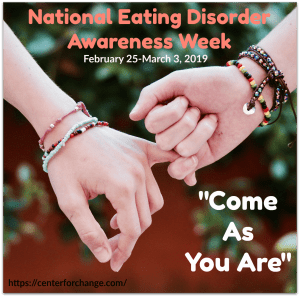

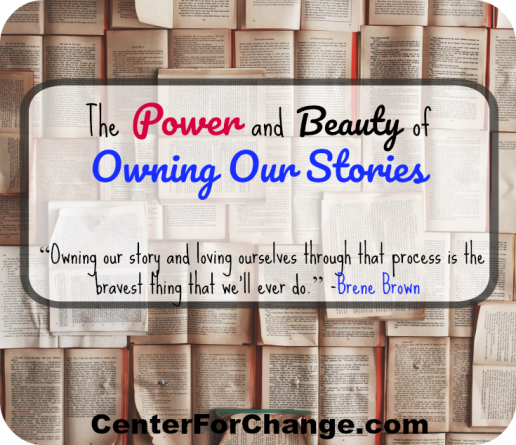 “Through stories, we can embrace our past, own who we are today and the people we’re becoming. Right this moment, pause and look at who you’ve become from all the things you’ve made it through. This life is your story. Own it.”
“Through stories, we can embrace our past, own who we are today and the people we’re becoming. Right this moment, pause and look at who you’ve become from all the things you’ve made it through. This life is your story. Own it.” 

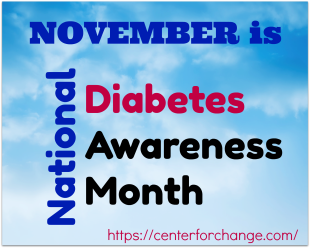 November is a month of so many wonderful holidays and observances including things like Hug a Bear Day, World Kindness Day, Adoption Awareness Month and of course, Thanksgiving.
November is a month of so many wonderful holidays and observances including things like Hug a Bear Day, World Kindness Day, Adoption Awareness Month and of course, Thanksgiving.


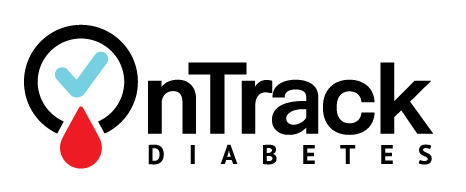



 You know what the greatest thing about our lives is? Every day we get a second chance to make the next best decision. When we focus on that, we can turn our failures into opportunities for change and growth.
You know what the greatest thing about our lives is? Every day we get a second chance to make the next best decision. When we focus on that, we can turn our failures into opportunities for change and growth.
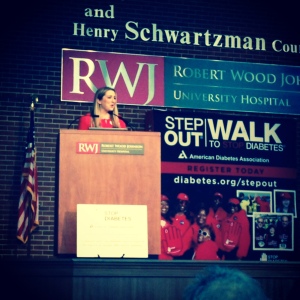 What I realized from staying silent for so many years about my struggles was it was hurting me the most. By staying silent about my journey I continued to believe that it was shameful and that it should be something hidden. I believe there needs to be an open dialogue about the many people who live with an eating disorder, or another mental illness. Will you join me in having this conversation? I want to hear your story.
What I realized from staying silent for so many years about my struggles was it was hurting me the most. By staying silent about my journey I continued to believe that it was shameful and that it should be something hidden. I believe there needs to be an open dialogue about the many people who live with an eating disorder, or another mental illness. Will you join me in having this conversation? I want to hear your story.